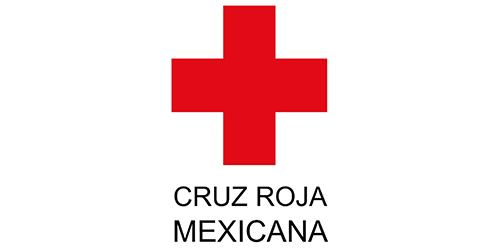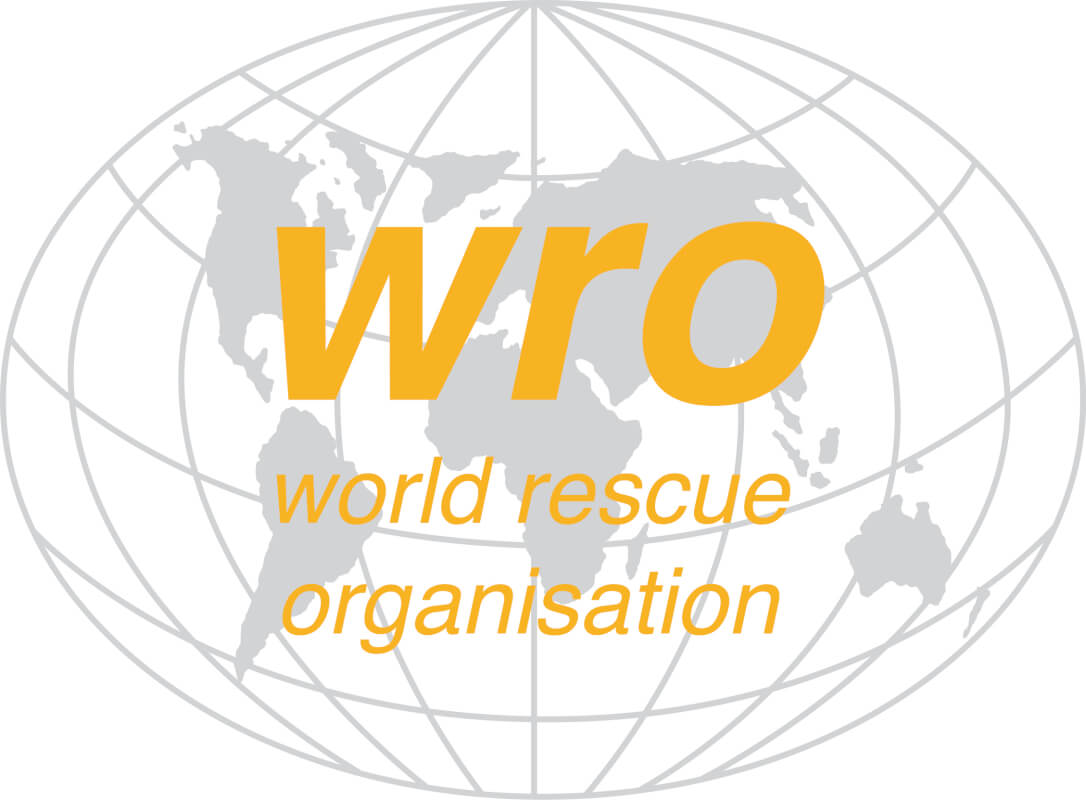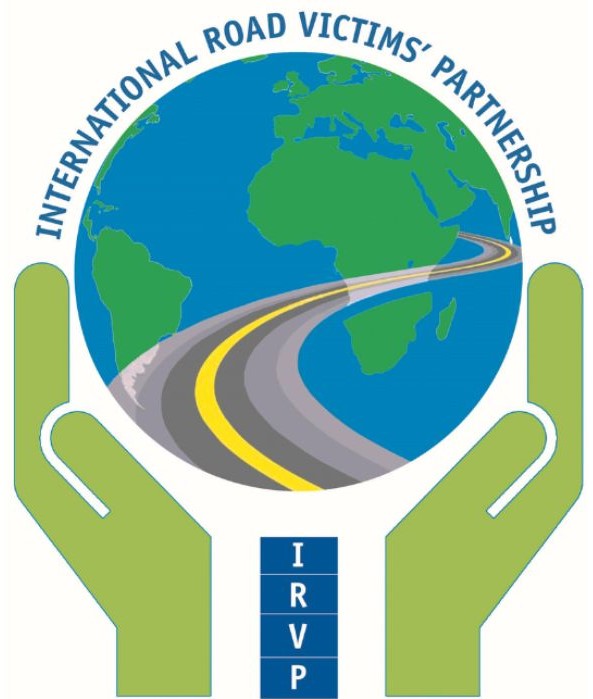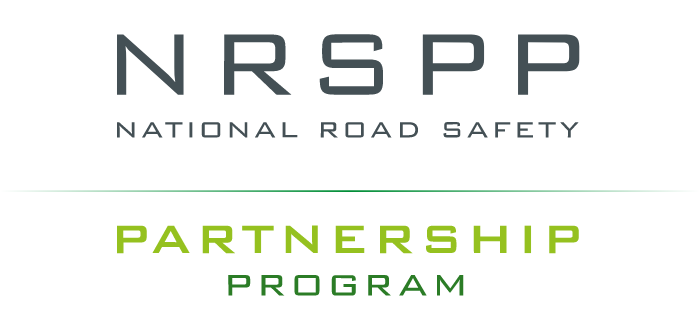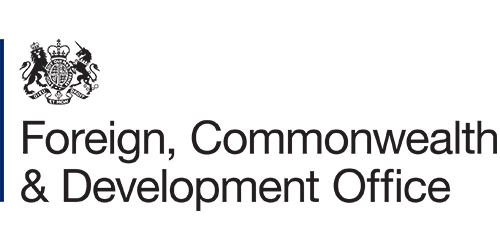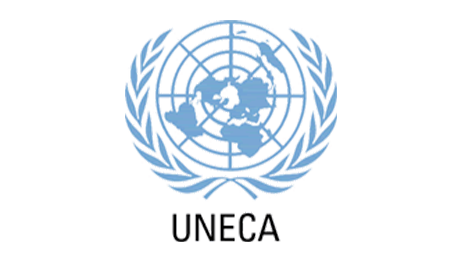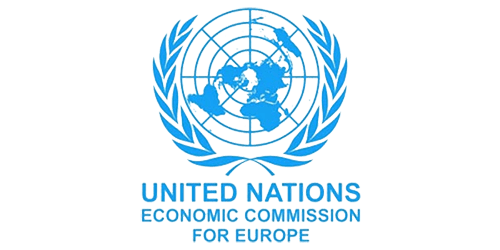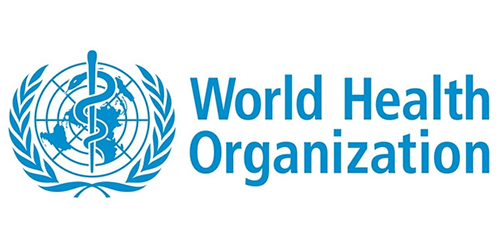
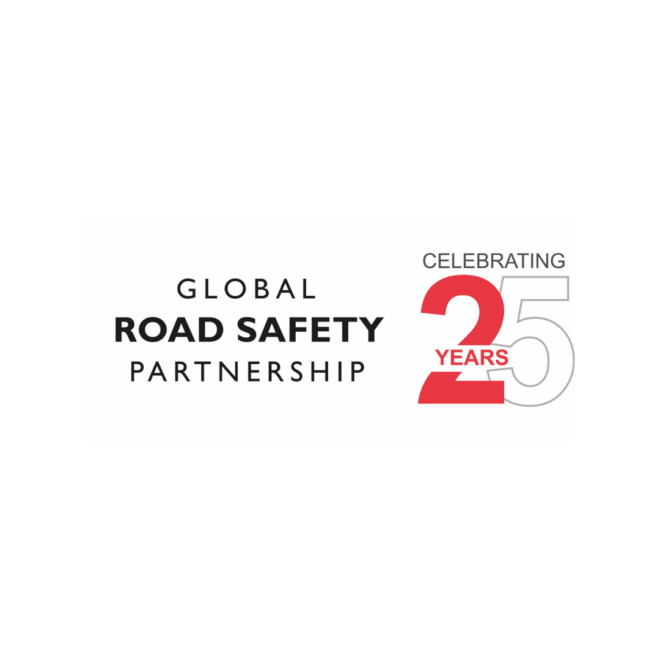
In 1998, the International Federation of Red Cross and Red Crescent Societies (IFRC) recognized, in its World Disasters Report, road crash deaths and injuries as a human-made health crisis. The following year, the Global Road Safety Partnership (GRSP) was formed with a clear mission of working in partnership towards a sustainable reduction of road crash death and injury. This year, the GRSP celebrates 25 years of working towards our shared vision: a world free of road crash death and injury.
In 1998, the International Federation of Red Cross and Red Crescent Societies (IFRC) recognized, in its World Disasters Report, road crash deaths and injuries as a human-made health crisis. The following year, the Global Road Safety Partnership (GRSP) was formed with a clear mission of working in partnership towards a sustainable reduction of road crash death and injury. This year, the GRSP celebrates 25 years of working towards our shared vision: a world free of road crash death and injury.
Over the last two-and-a-half decades, GRSP has played a powerful role in advocacy at all levels. We provide training for road safety practitioners and enforcement agencies, and, through a global network of National Societies and partners, GRSP coordinates good practice road safety implementations engaging across all elements of the Safe System.
One of the key aspects of GRSP’s success has been its ability to provide a platform to support and create multi-sector road safety collaborations engaged in front-line good practice in countries and communities throughout the world. An unwavering dedication to evidence-based interventions combined with extensive in-house expertise have been crucial in making GRSP an impactful actor and partner of choice.
“We are immensely proud to reach this important milestone. A quarter of a century of meaningful activity is no small deed,” said Dave Cliff, GRSP CEO. Adding, “However, the job is far from done. With an ongoing increase in motorization, particularly the volume of powered two-wheelers and micro mobility, we must continue to build understanding of ‘evidence-based’ measures to reduce road trauma. Sadly, too many initiatives are still based on ‘common sense’ rather than solid evidence as to what we know works to reduce serious crashes.”.
To mark this milestone anniversary, the GRSP will produce an overview publication of our history over the last 25 years and will hold a range of events and workshops during which we shall celebrate our achievements and reaffirm our commitment to continuing our immensely important work.
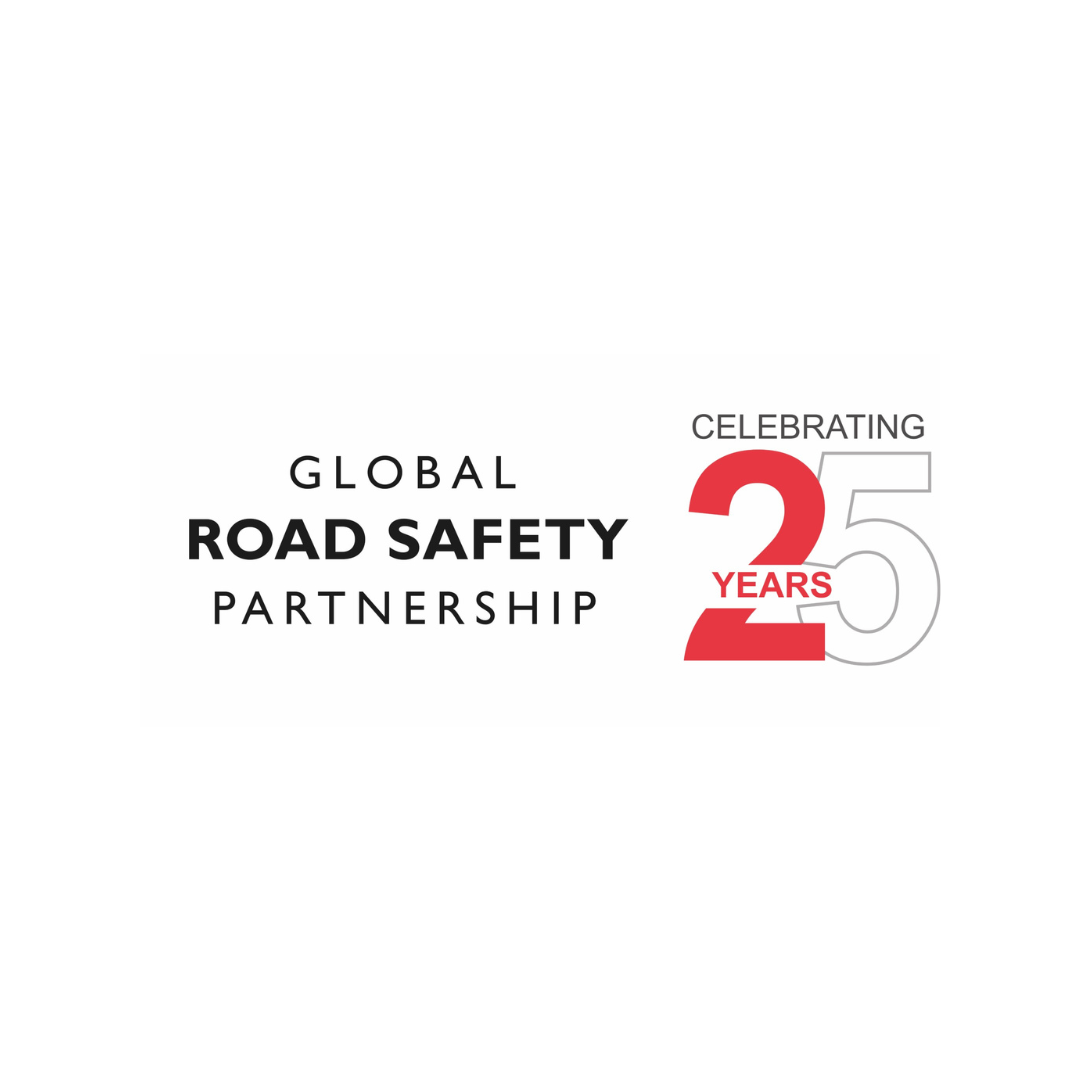
Globally, each day, it’s estimated that 195 cyclists are killed and over 2,900 seriously injured in crashes. Cyclist deaths represent around six per cent of global crash fatalities. With that in mind, and given we need to encourage active transport modes such as cycling due to the known health benefits of increasing physical activity, it is critically important that we ensure cycling is safe.
Globally, each day, it’s estimated that 195 cyclists are killed and over 2,900 seriously injured in crashes. Cyclist deaths represent around six per cent of global crash fatalities. With that in mind, and given we need to encourage active transport modes such as cycling due to the known health benefits of increasing physical activity, it is critically important that we ensure cycling is safe.
Several countries have introduced compulsory cycle helmet laws, often after tragic events have cast the spotlight onto the risks faced by un-helmeted riders. One such case was that of 12-year-old cyclist Aaron Oaten, who on one unremarkable day in April 1986, was knocked off his bike on a city street in New Zealand. With no helmet, Aaron’s head hit a concrete gutter. He was in a coma for eight months and when he awoke, he was paralyzed from the neck down, and could not speak.

Aaron and Rebecca Oaten six years after the injury STUFF / MANAWATU-STANDARD
Aaron’s mother successfully campaigned for compulsory helmet laws in New Zealand because of her family’s tragedy.
There are known actions that can be taken to make the roads safer for cyclists. Providing segregated cycle lanes and reducing speed limits to survivable 30 km/h maximums in areas where there is frequent interaction between motorized vehicles and cyclists are two sound examples, however cyclists can also take steps to improve their own safety.
Case-control studies of cycle helmet effectiveness estimate reductions in head and brain injuries of between 85 and 88 per cent for cyclists wearing helmets compared to those without.
By always wearing and correctly fastening a cycle helmet, made to a recognized international standard, cyclists can greatly reduce the chances of death or serious head injury in the event of a crash. Together with wearing a helmet, cyclists should give consideration to their own visibility, particularly at night. Cyclists should choose bright coloured helmets over darker colours, wear reflective clothing and use cycling lights to increase the ability of drivers and pedestrians to see them, thereby further decreasing the risk of a crash.
The Global Road Safety Partnership (GRSP) recently put together a simple one page set of safe cycling tips for all cyclists to consider.
Dave Cliff ONZM MStJ
Chief Executive Officer
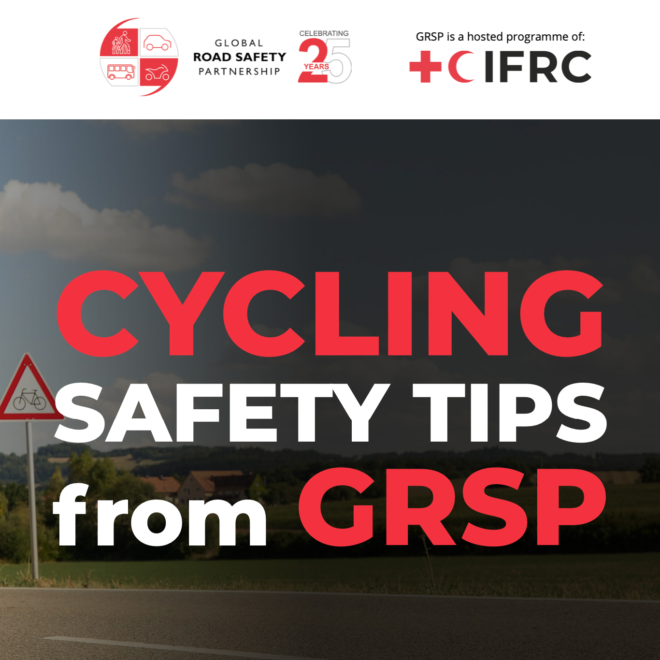
During the first quarter of 2024, the Global Road Safety Partnership (GRSP) has welcomed four new members: Stalker Radar, Muller Automotive, QatarEnergy, and the European Transport Safety Council (ETSC). This increase in membership further builds the GRSP network and underscores the importance of partnership in addressing the challenges of improving global road safety.
“Stalker and the GRSP have the same deep investment in road safety. Becoming a member of this valued organization has been the logical next step for us. We look forward to working closely and contributing to reducing road death and injury together,” stated Michael Kan, Vice President of Global Sales of Stalker Radar.
Regarding the newfound partnership, Benoît de Maynadier, CEO of Muller Automotive explained: “We care about road safety. We build our business to ensure that vehicles are as safe as possible. Partnering with the GRSP is another step in this direction. Through this relationship, we wish to provide a solid contribution towards sustainably reducing road deaths and injuries.”.
“Road safety is one of QatarEnergy’s highest priorities and working with a sector leader like the GRSP will help us keep both our employees and communities safer.” noted James Baker, Road Transport & Logistics Safety Lead at QatarEnergy.
Antonio Avenoso, Executive Director of the ETSC, said: “We are delighted to join the GRSP. We hope to bring expertise and knowledge from Europe on the road safety interventions that can save lives and, at the same time, know that we can learn about innovative strategies from other members of the partnership from around the world. We are looking forward to putting this partnership on a new footing that can benefit people in Europe and across the globe.”.
On welcoming four new members, GRSP’s CEO Dave Cliff indicated: “We are extremely pleased to be able to welcome our new members. Expanding GRSP’s reach through a diverse set of members enhances our ability to influence road safety positively across a wide variety of industry sectors and geographies. Each of our new members will play a unique and essential role in improving road safety and we look forward to working together on this critical global issue.”.

Estiara Ellizar, a former Global Road Safety Leadership Course (GRSLC) Alumni Fellow from Indonesia, is about to embark on a thrilling new chapter. She has been selected to participate in the Young Southeast Asian Leaders Initiative Professional Fellows Programme (YSEALI PFP) starting in September, focusing on governance and society. The prestigious programme, funded by the U.S. Department of State, offers emerging leaders from Southeast Asia a chance to spend five to six weeks in the United States to gain valuable experience in numerous sectors.

Estiara Ellizar, a former Global Road Safety Leadership Course (GRSLC) Alumni Fellow from Indonesia, is about to embark on a thrilling new chapter. She has been selected to participate in the Young Southeast Asian Leaders Initiative Professional Fellows Programme (YSEALI PFP) starting in September, focusing on governance and society. The prestigious programme, funded by the U.S. Department of State, offers emerging leaders from Southeast Asia a chance to spend five to six weeks in the United States to gain valuable experience in numerous sectors.
Estiara’s journey within YSEALI PFP began with a chance encounter during her GRSLC Alumni Fellowship in Baltimore back in 2022. She met someone who was participating in the YSEALI programme, and their stories about the enriching experiences offered by YSEALI ignited a spark within her. Inspired and motivated, Estiara decided to apply after graduating from the GRSLC in 2023.
During the GRSLC Alumni Fellowship, she found inspiration during the alumni project showcase at the Bloomberg office, where participants learned about New York City’s Vision Zero initiative shared by the New York State Department of Transportation and New York City Police Department. Eager to contribute to similar efforts in her own country, Estiara highlighted Vision Zero in her YSEALI PFP application, proposing it as a focus for her reciprocal exchange project.
Estiara hopes to be placed with a Department of Transportation in the U.S., preferably in New York City, to delve deeper into road safety policies and learn from the strategies employed there. She credits the GRSLC Alumni Fellowship programme for enhancing her leadership skills. Moreover, she expresses gratitude to GRSLC’s facilitators, like Natalie Draisin, who generously shared her expertise on Vision Zero, providing invaluable guidance for her upcoming YSEALI PFP journey.
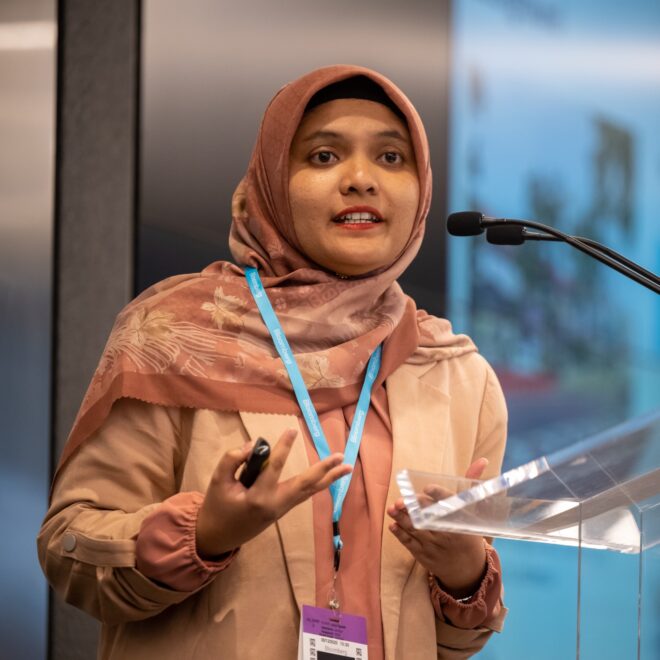
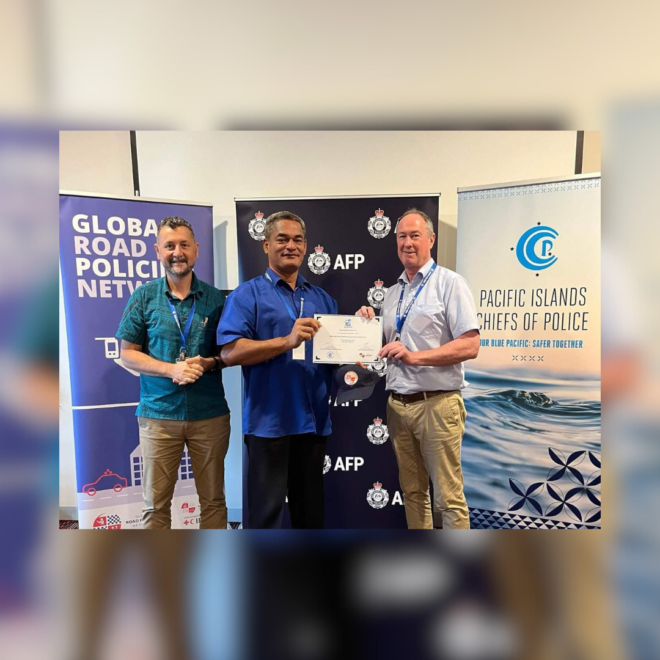
In November 2019, the Global Road Safety Partnership (GRSP) provided its first road policing training programme in Fiji with the Pacific Islands Chiefs of Police for police agencies from across the Pacific.
Elements of the training included the lifesaving benefits of vehicle passengers wearing seat-belts. Each year, it’s estimated that wearing seat-belts alone saves 100,000 lives and remains one of single largest life saving inventions ever introduced in vehicle safety. A second issue was the risk associated with mobile phone use while driving. Drivers who talk on phones, both hands-free and hand-held, are four times more likely to be in a crash resulting in injuries.
In November 2019, the Global Road Safety Partnership (GRSP) provided its first road policing training programme in Fiji with the Pacific Islands Chiefs of Police for police agencies from across the Pacific.
Elements of the training included the lifesaving benefits of vehicle passengers wearing seat-belts. Each year, it’s estimated that wearing seat-belts alone saves 100,000 lives and remains one of single largest life saving inventions ever introduced in vehicle safety. A second issue was the risk associated with mobile phone use while driving. Drivers who talk on phones, both hands-free and hand-held, are four times more likely to be in a crash resulting in injuries.
After the training finished, Superintendent Lemoto Piliu, the head of road policing for Tonga Police, took on the challenge to save lives in Tonga and successfully advocated for the introduction of seat-belt use laws and a ban on the use of mobile phones while driving.
As a consequence, in 2020 a new law was introduced in Tonga requiring drivers and all front seat passengers over 12 years old to wear seat-belts while driving and a ban on the use of mobile phones while driving was also put in place.
In describing what occurred, Lemoto explained: “after returning home from Fiji in 2019, I formed a task force to develop a seat-belt campaign and one to ban the use of mobile phones while driving. We visited different communities, spoke on radio programmes and successfully had new laws introduced.”.
This serves as a powerful example of how police, armed with evidence as to what works to reduce road trauma, can successfully advocate to have new life saving laws introduced. The GRSP congratulates Lemoto for his achievement!
In 2023, the Global Road Safety Partnership’s (GRSP) Road Policing Capacity Building (RPCB) team officially expanded its operations to include Mexico and Brazil in their portfolio. This key development integrated the cities of Guadalajara, Mexico City, Salvador, Recife, São Paulo, and Campinas.
Between 8-12 January 2024, the RPCB programme’s manager Marcin Flieger and Senior Officer in Road Policing Robert Susanj visited Guadalajara and Mexico City to meet with the local Bloomberg Philanthropies Initiative for Global Road Safety (BIGRS) team, enforcement agencies and representatives from Mexico City’s police academy.
The RPCB team encountered a gracious reception and a strong willingness to engage in the programme’s activities. Additionally, they participated in two roadside interventions: a nocturnal drink driving operation and a daytime motorcycle enforcement operation.
Throughout the visit, the team collected insights regarding current circumstances in each city, placing emphasis on identifying the requirements and expectations of the local enforcement partners. The data will serve as the foundation for the development of the RPCB programme for the year 2024, which commenced its implementation phase in March.
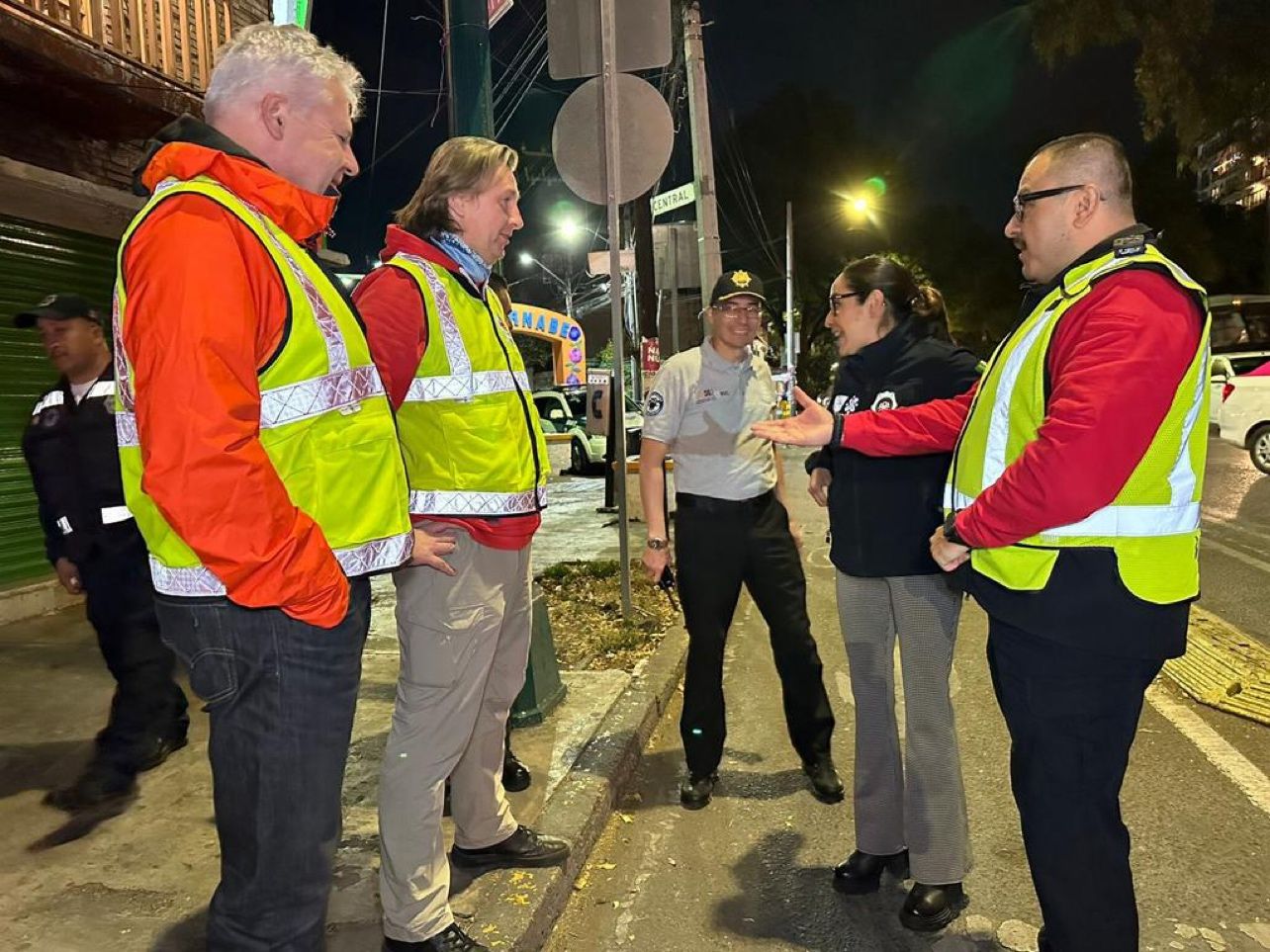
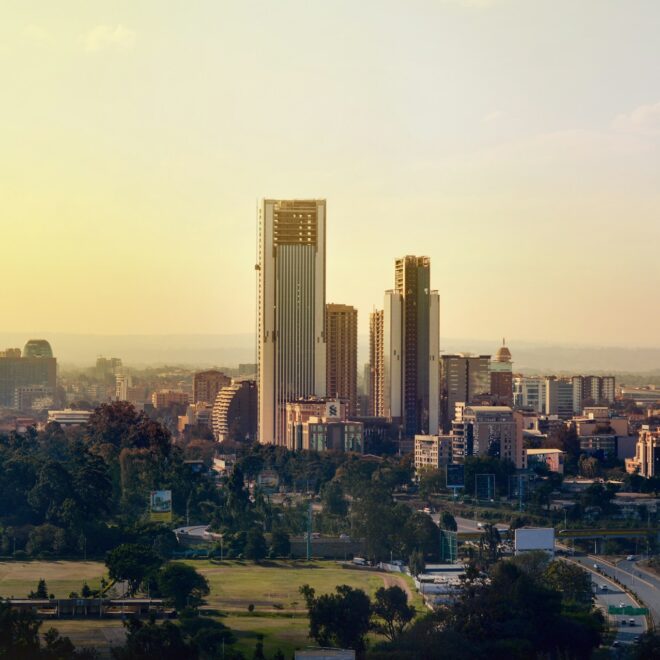
On the back of the success of our Regional Seminar in the Philippines last December, the Global Road Safety Partnership (GRSP) is happy to announce the launch of our Africa Regional Road Safety Seminar that is set to take place in Nairobi, Kenya, on 8 and 9 October 2024.
For more details, please click here.
The Indian Institute of Technology Kharagpur (IITKg) has been a Global Road Safety Partnership (GRSP) grantee since 2019, with Professor Bhargab Maitra leading the project of developing speed management policy guidelines. Initially, it was planned that the policy guidelines would be developed at the national level and then adapted for the state level. A first draft of the national level speed management policy document was developed, first by carefully reviewing the global as well as current practices in India, and in consultation with officials and experts from different departments and institutions at the national level.
The Indian Institute of Technology Kharagpur (IITKg) has been a Global Road Safety Partnership (GRSP) grantee since 2019, with Professor Bhargab Maitra leading the project of developing speed management policy guidelines. Initially, it was planned that the policy guidelines would be developed at the national level and then adapted for the state level. A first draft of the national level speed management policy document was developed, first by carefully reviewing the global as well as current practices in India, and in consultation with officials and experts from different departments and institutions at the national level.
With the imposed restrictions during the COVID-19 pandemic, work at the national level was disrupted. In response, Prof. Maitra and his team changed strategy and started working in parallel at the state level in West Bengal, as it was easier to reach and consult with state stakeholders. Specific policy guidelines on speed management relevant for the State of West Bengal have been designed, based on the national document and the gaps in the existing practices of the state.
Numerous in-person and online meetings were held with high-ranking officials from different departments of the government of West Bengal to gather suggestions and feedback. These include the Transport Department, West Bengal Police, Kolkata Police, Kolkata Metropolitan Development Authority, Public Works Department, Education Department, Health and Family Welfare Department, among others. The draft document was also reviewed in multiple meetings convened by the State Lead Agency and the IITKg incorporating feedback from BIGRS partners and GRSP grantees.
Rewardingly, the state government has taken complete ownership of the guidelines following approval by the State Road Safety Council. In the presence of high-level government officials, the transport minister launched the document and announced implementation in pilot areas. The announcement was widely covered by both print and digital media.
While this is a significant policy achievement which will set the stage for the adoption of speed management guidelines in other states, it is also an excellent example of impact beyond the scope of the GRSP grant with the IITKg now working with the state government on a ‘Road Safety Vision Document & Action Plan’ for the state incorporating all the five pillars of the Safe System.
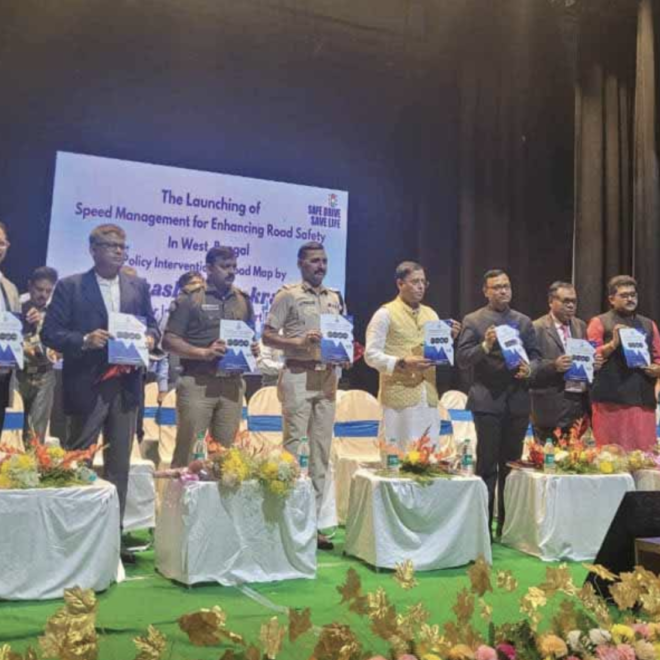
Students are facing unsafe traffic conditions on their way to and from schools in India. The 1988 Special Publication (SP):32 ‘Road Safety for Children’, released by the Indian Roads Congress (IRC) – the apex body of road engineers in India, focused on teaching children between the ages of five and 12 the importance of adhering to rules to avoid injuries While educating children is important, building safe infrastructure to improve safe accessibility for children of all ages is even more critical and impactful.
World Resources Institute India (WRI India), a partner of the Botnar Child Road Safety Challenge (BCRSC) managed by GRSP, collaborated with the IRC to develop and publish the IRC SP:32 ‘Safer Commute to Schools’ guidelines document, which emphasizes the importance of ‘safer by design school zones’ based on the “cognitive abilities of children” rather than children adapting to the complexities of traffic. The guidelines were approved by the Ministry of Road Transport and Highways on 7 July 2023.
The guidelines acknowledge that “children differ from adults cognitively and anatomically” and call for “a deeper understanding of children as road users.” Additionally, they’re built on three important principles – simple, shield, and cushion. One of the critical points in the revised SP:32 guidelines is the involvement of schools and parents in the decision-making process of creating safe school zones. It recommends the creation of ‘Safe School Zone Committees’, with parents and teachers as key stakeholders to provide input and work with the traffic police and road-owning agencies to implement safe school zones.
A short film, ‘Rinku Goes to School – Part 2’, was created to make schools, parents, and teachers aware of the guidelines so they can take the necessary steps to keep children safe around schools. The first movie focuses on Rinku’s daily journey from home to school and her struggles as a child in a city built only for adults, ending with her aspirations for a comfortable and safe walk to school.
Part 2 of the movie illustrates Rinku informing her friends about how the new SP:32 guideline can improve their daily school commute. She highlights key design elements in a school zone and how parents can participate in this change.
Watch Rinku Goes to School – Part 1 below:











